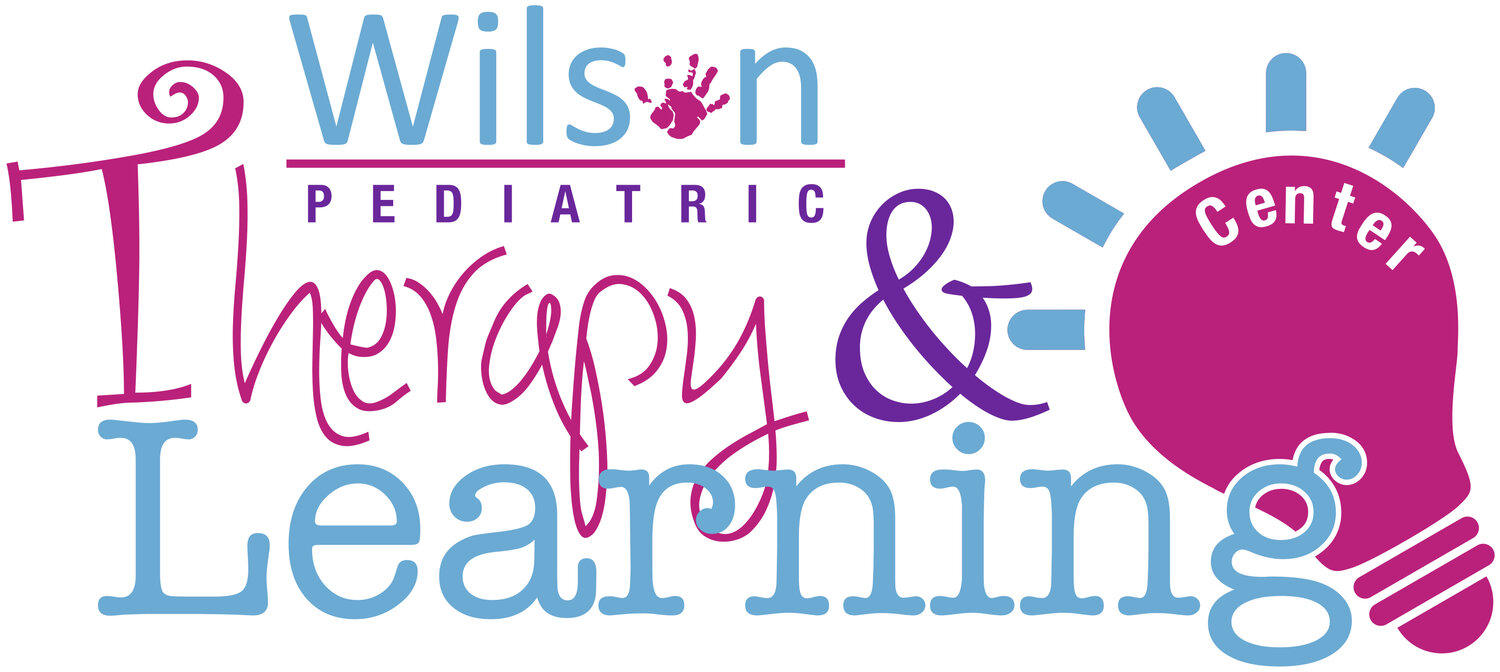Signs Of Dyslexia
“Dyslexia is like an island of disability in a sea of strengths”- Sally Shaywitz
Dyslexia can be a very complex diagnosis, beyond the classic signs of reading and spelling difficulty there is often an entire iceberg effect of many more challenges the child could be facing that amplify and impact their learning.
At-home screeners for Dyslexia in your-
Preschooler: late talking, problems forming words correctly, difficulty remembering or naming letters, numbers or colors, struggle with learning nursery rhymes, a family member with dyslexia
Elementary School Age: difficulty with handwriting (dysgraphia), letter or number reversals (should be gone by the end of 2nd grade), slow and choppy reading, doesn’t understand that words can be separated, doesn’t “get” the concept of syllables, terrible speller, will make guesses at words without actually sounding them out, struggles with math, complaint that words are “wiggling or swimming” on the page, poor attention, dreads school
High School: Slow reader, terrible speller, difficulty summarizing the main idea of a story, still struggles with differentiation between left and right, reading makes them tired, dreads writing and reading tasks, experiences difficulty with rote tasks.
If you are noticing your child experiencing these difficulties… what should be the next step?
Address the problem as early as you can. You know your child better than anyone and if you know something isn’t right- trust your gut!
Consider having a screener or official testing completed, it’s best to have the facts in order to implement an effective plan moving forward.
Talk with the child’s teachers and share your concerns with them! They may have experienced other children in their class with the same diagnosis and may already be aware of recommendations/accommodations that can be helpful.
Set an example for your child in reading, consider implementing fun story times and encourage reading time at home as a family.
Consider checking out a book about it in order to familiarize yourself and learn about a very complex but interesting diagnosis. A particularly helpful book is Overcoming Dyslexia by Sally Shaywitz.
Keep your head up!
It’s incredibly important to recognize that while Dyslexia can be a difficult and overwhelming diagnosis to receive, it is also accompanied by really incredible strengths and uniquely intelligent and creative children. The island of difficulty for them is largely based on the idea of “decoding” which is the ability to break apart words and blend them together. However, surrounding this island of difficulty is often a child who has a “sea of strengths”.


